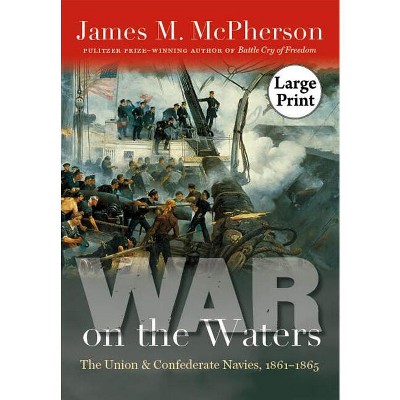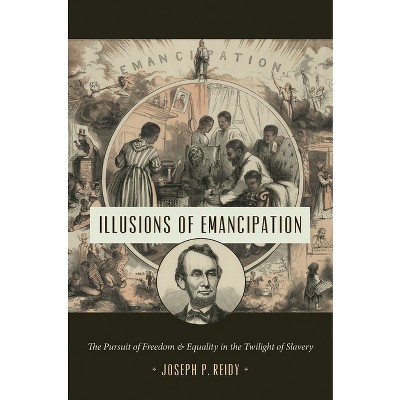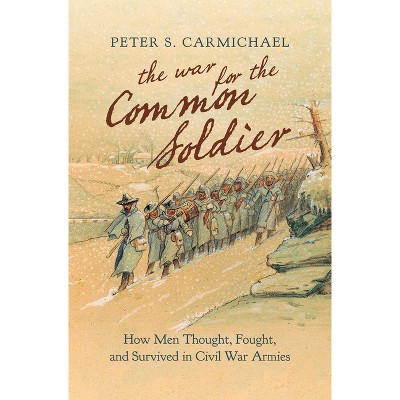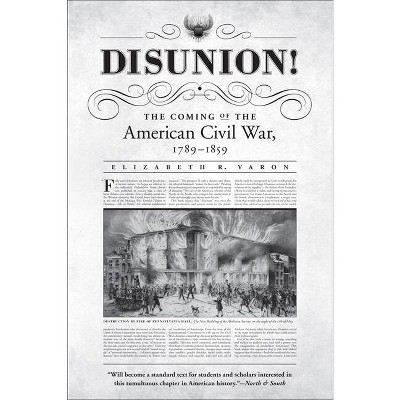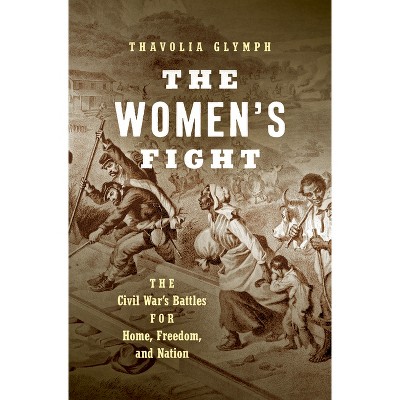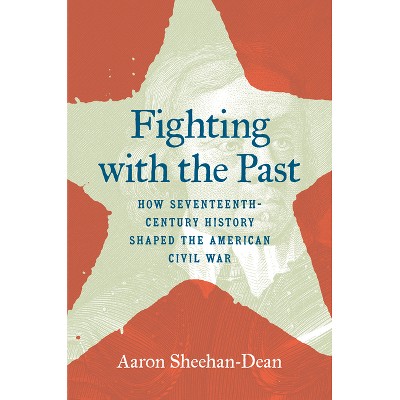Sponsored

With Malice Toward Some - (Littlefield History of the Civil War Era) by William A Blair (Paperback)
In Stock
Sponsored
About this item
Highlights
- Few issues created greater consensus among Civil War-era northerners than the belief that the secessionists had committed treason.
- About the Author: William A. Blair, Walter L. and Helen P. Ferree Professor of Middle American History at the Pennsylvania State University, serves as director of the Richards Civil War Era Center and as founding editor of the Journal of the Civil War Era.
- 432 Pages
- History, United States
- Series Name: Littlefield History of the Civil War Era
Description
About the Book
With Malice toward Some: Treason and Loyalty in the Civil War EraBook Synopsis
Few issues created greater consensus among Civil War-era northerners than the belief that the secessionists had committed treason. But as William A. Blair shows in this engaging history, the way politicians, soldiers, and civilians dealt with disloyalty varied widely. Citizens often moved more swiftly than federal agents in punishing traitors in their midst, forcing the government to rethink legal practices and definitions. In reconciling the northern contempt for treachery with a demonstrable record of judicial leniency toward the South, Blair illuminates the other ways that northerners punished perceived traitors, including confiscating slaves, arresting newspaper editors for expressions of free speech, and limiting voting. Ultimately, punishment for treason extended well beyond wartime and into the framework of Reconstruction policies, including the construction of the Fourteenth Amendment.
Establishing how treason was defined not just by the Lincoln administration, Congress, and the courts but also by the general public, Blair reveals the surprising implications for North and South alike.
Review Quotes
"With Malice Toward Some succeeds on multiple levels: it provides new insights about aspects of the Civil War that we thought were well known; it introduces readers to events, characters, and documents that had previously attracted little or no attention; and it offers a fresh new perspective on what shaped the behavior of Americans during the Civil War era."--Journal of American History
"A carefully constructed narrative. . . . Blair's book deserves a wide audience of scholars and general readers of history."--Explorations
"An important book that will surely and deservedly attract great attention from students of the Civil War era for many years to come."--Civil War Book Review
"Blair has richly illustrated how free speech and Union cohesiveness butted heads during the Civil War. . . . Highly recommended for those with an interest in Union politics or the Northern home front."--Civil War News
"For anyone with an interest in how northerners--including all three branches of government, military officers, clergy, the press, and average citizens--constructed notions of treason, this important book should not be missed."--Civil War Monitor
"In this wide-ranging book. . . one of Blair's great accomplishments [is] that he can effectively consider the issue [of treason] on so many levels, making this both a sophisticated and fascinating study of the effort to define and stamp out disloyalty in the Civil War era."--America's Civil War
"Lays the foundation for future studies of treason and disloyalty in the Civil War era and beyond."--American Historical Review
"Markedly improve[s] our understanding of the politics and policing of treason. . . . [This] wise and timely book offers fresh ways to think about persistently relevant questions."--North Carolina Historical Review
"This book is not only a great reference for any Civil War Historian to have on their shelf, but it is a great explanation for those who have been confused about the legal status of treason and the ways in which it was combated during the Civil War."--Gettysburg Chronicle
"William Blair's With Malice toward Some represents a remarkably fresh contribution toward historians' understanding of treason and loyalty during the Civil War era. Highly original and deeply researched in heretofore neglected sources, Blair offers a elegantly written reinterpretation that operates at many levels, with many different actors, and with profound implications for the American constitutional system during wartime. A must read for nineteenth-century American historians."--William A. Link, author of Atlanta, Cradle of the New South: Race and Remembering in the Civil War's Aftermath
About the Author
William A. Blair, Walter L. and Helen P. Ferree Professor of Middle American History at the Pennsylvania State University, serves as director of the Richards Civil War Era Center and as founding editor of the Journal of the Civil War Era.
Shipping details
Return details
Trending Non-Fiction






